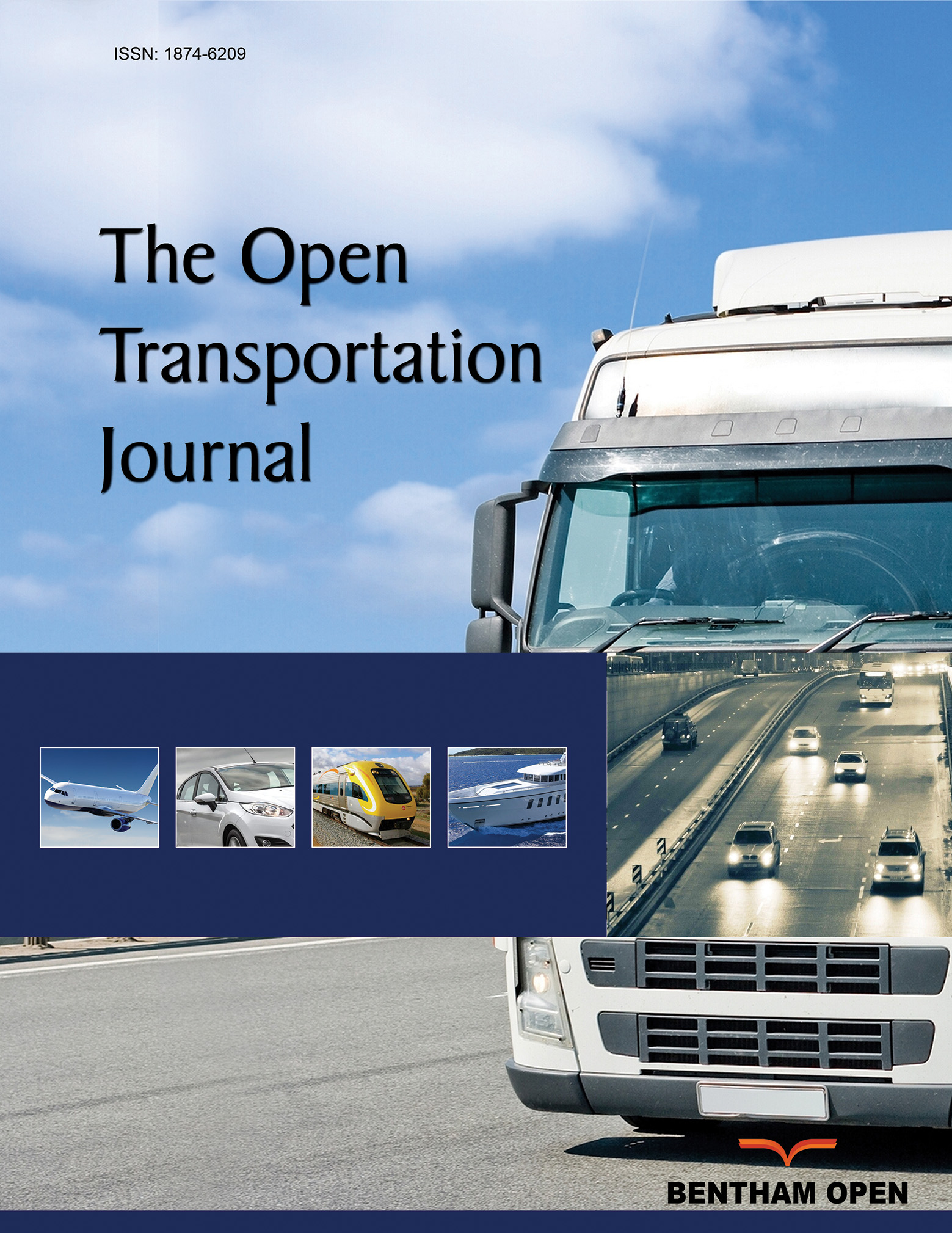All published articles of this journal are available on ScienceDirect.
Transport Poverty: A Comparative Study between South Africa and Nigeria
Abstract
Background:
Achieving the Sustainable Development Goals (SDGs) and neighbourhood liveability is dependent on an improved transportation sector. Urban transport is conceptualized as either mobility or accessibility; thus, it remains an integral part in enhancing urban livelihood and serves as a hub connecting all sectors of a city's economy. Lack of access to opportunities and/or services, inadequate transport services, and physical or financial inaccessibility to transport options are prevailing in African cities and have been used to conceptualize transport poverty.
Objectives:
This study seeks the relationship between some dimensions of transport poverty and life satisfaction. The argument put forward in this study is that transport poverty predicts life satisfaction that is a vital aspect of subjective wellbeing.
Methods:
The study utilise an exploratory, comparative design that will enable the comparison of dimensions of Transport Poverty in Ibadan, Nigeria, and Durban, South Africa. For this study, communities in both Ibadan and Durban were randomly selected; while data were collected through an online survey method. The hypothesis that spatial exclusion mediates the relationship between service availability and satisfaction with life, transport disadvantaged and satisfaction with life, and transport reliability and satisfaction with life were tested through mediation analysis.
Results:
For the first hypothesis, partial mediation existed; for the second hypothesis, no mediation existed; for the third hypothesis, total mediation existed. Lastly, spatial exclusion varied between the two countries.
Conclusion:
The study concludes that a transport network that is not reliable leads to spatial exclusion, which in turns affects satisfaction with life. Likewise, all dimensions of transport poverty are similar except for spatial exclusion which differs between the countries, with South Africans experiencing more cases of spatial exclusion as compared to Nigerians.


